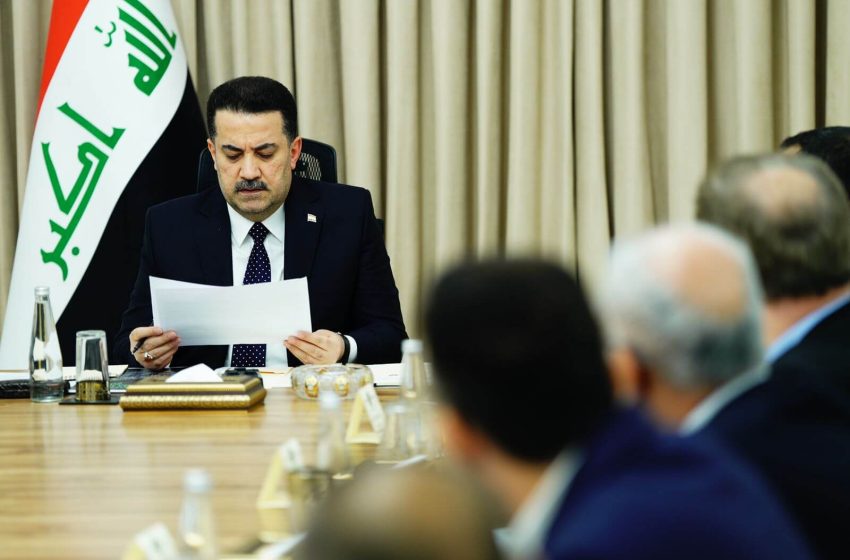Iraq imports electricity and gas from Iran, accounting for between a third and forty percent of its power supply.
Iraq’s Prime Minister Mohammed Shia Al-Sudani has directed his government to seek alternatives to Iranian gas imports, pointing to countries like Qatar and Turkmenistan as alternatives.
This comes amid challenges in sourcing the requisite fuel for the country’s power plants, thereby risking the power production, as per a statement from the prime minister’s office.
The statement comes on the back of a meeting between Sudani and top energy sector officials. In the meeting, the prime minister outlined that the incumbent government has taken steps to amplify Iraq’s power production to a record 26,000 megawatts, the most significant in the country’s history.
However, he acknowledged the fragility of this achievement, tying its longevity to the sustained supply of Iranian gas.
Al-Sudani expressed concern over the impact of US sanctions and non-adherence to the gas dues payment mechanism, established in 2018, on the import of gas from Iran. These factors have culminated in a significant reduction of 50% in gas supplies from the neighbouring nation, thereby exerting pressure on Iraq’s power production capacities.
In light of these challenges, Al-Sudani directed his government to expedite the search for alternative gas sources and quick solutions. The country’s efforts to import gas from Turkmenistan and Qatar, he said, must be augmented.
The Iraqi PM also ordered the Ministry of Oil to collaborate with international firms in the development of energy fields. In a forward-looking suggestion, he emphasised the importance of accelerating the completion of projects generating electricity from solar energy, thereby diversifying the country’s energy profile.
Last month, three Qatari companies and Iraq’s National Investment Commission agreed to develop $9.5 billion in projects in Iraq, including the construction of two power plants with a combined capacity of 2,400 megawatts.
The power plants will help Iraq reduce its reliance on neighbouring Iran for energy.
Iraq imports electricity and gas from Iran, accounting for between a third and forty percent of its power supply. This is especially important during the hot summer months, when temperatures can reach 50 degrees Celsius and power consumption soars.
Qatar’s Amir Sheikh Tamim bin Hamad Al Thani visited Iraq in June in which he announced plans to invest $5 billion in various sectors in Iraq over the next few years.
The amir’s visit to Iraq was his first since 2021 and came months after Iraqi Prime Minister Mohammed Shia Al Sudani assumed his position.
Since June, Iraq has started benefiting from the electrical interconnection project with Gulf countries in an effort to address a shortage caused by the decrease in Iranian gas supplies.
The project aims to fulfil the country’s domestic energy needs, particularly during the summer months when energy demand is high.
Currently, Iraq produces approximately 23,000 megawatts of electricity, although it requires around 35,000 megawatts to ensure uninterrupted power supply.







